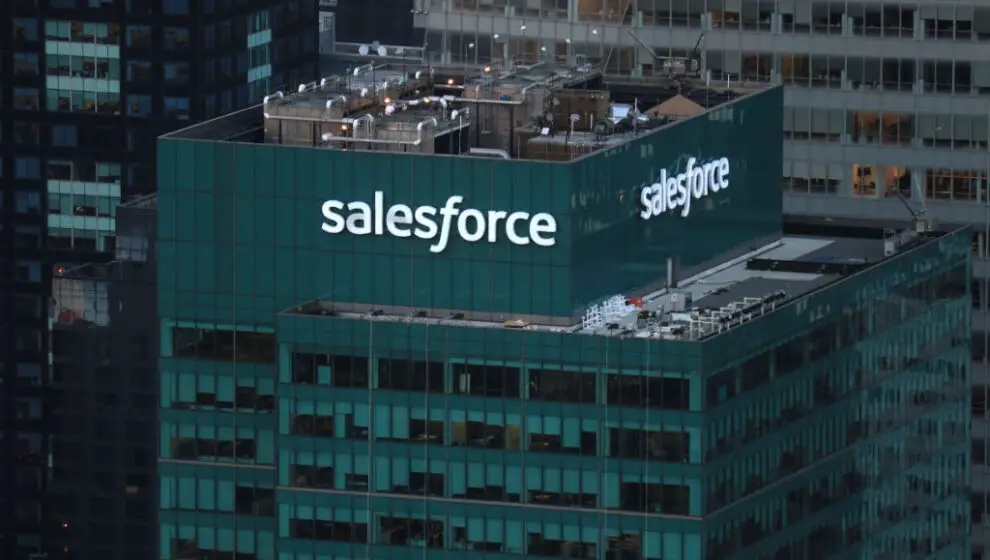Major corporations are still attempting to enforce return-to-office mandates in the coming months but are having to use drastic measures to incentivize it.
Key Details
- Amazon, Twitter, and Disney have already enforced widespread office mandates in the past year, but most companies have embraced a hybrid model.
- Most companies now request employees to visit the office two-to-four times a week while allowing some remote flexibility, The New York Times reports.
- Companies like Salesforce have attempted to incentivize employees to return by donating $10 per day to a charity of their choice.
- Other companies such as Google’s Alphabet are threatening to hit remote workers with negative performance evaluations for repeated absences.
Why It’s Important
Remote work continues to be one of the hottest debated issues in the business world, with business leaders arguing that it harms company cohesion, mentoring, productivity, and career advancement opportunities. Despite this, young employees have actively begun seeking remote-work opportunities, with many threatening to leave their jobs if the option is not offered.
“When the economy was warm, executives thought, ‘I’d really like to have people back, but it’s OK because I have this margin of error.’ Now that things are tougher, they want to hunker down and have their people in the office,” says Kastle Chair Mark Ein.
Multiple large corporations attempted to enforce return-to-office mandates over last year’s Labor Day weekend, but many of these calls went unheeded. Some employees have joined “the Great Resignation” and left their jobs for greener pastures, while others have repeatedly appealed to their managers for more flexibility.
Companies are once again attempting to get serious ramp-up office mandates, with Meta and Lyft attempting to draw more staff to the office by September of this year, The New York Times reports.
However, many companies are resigning themselves to the reality that remote work is becoming a permanent fixture of the new economy. While it is not applicable to all jobs, workers who can do their work at home are taking advantage of the opportunity, leaving many company meetings and office buildings half-empty.
“An immersive workspace is no longer limited to a desk in our Towers. The nine-to-five workday is dead,” Salesforce in a February 2021 memo.
